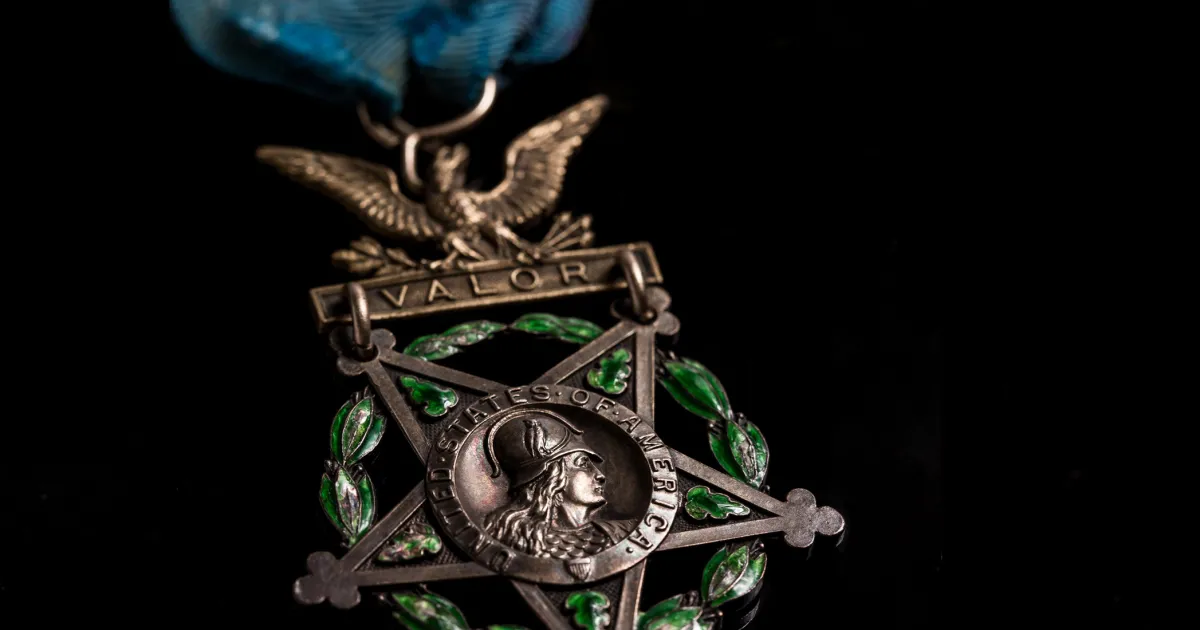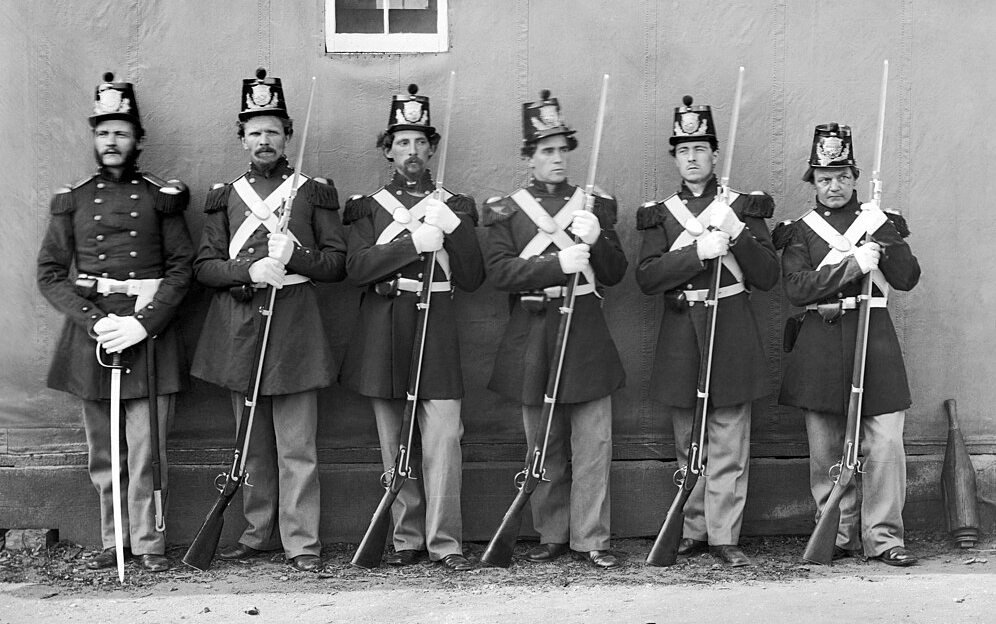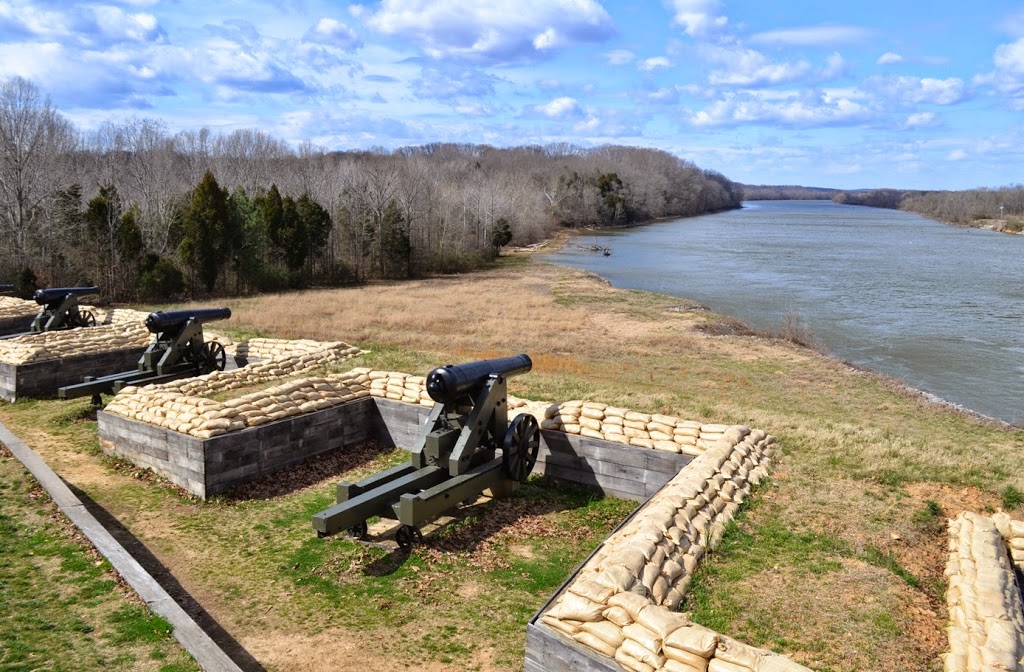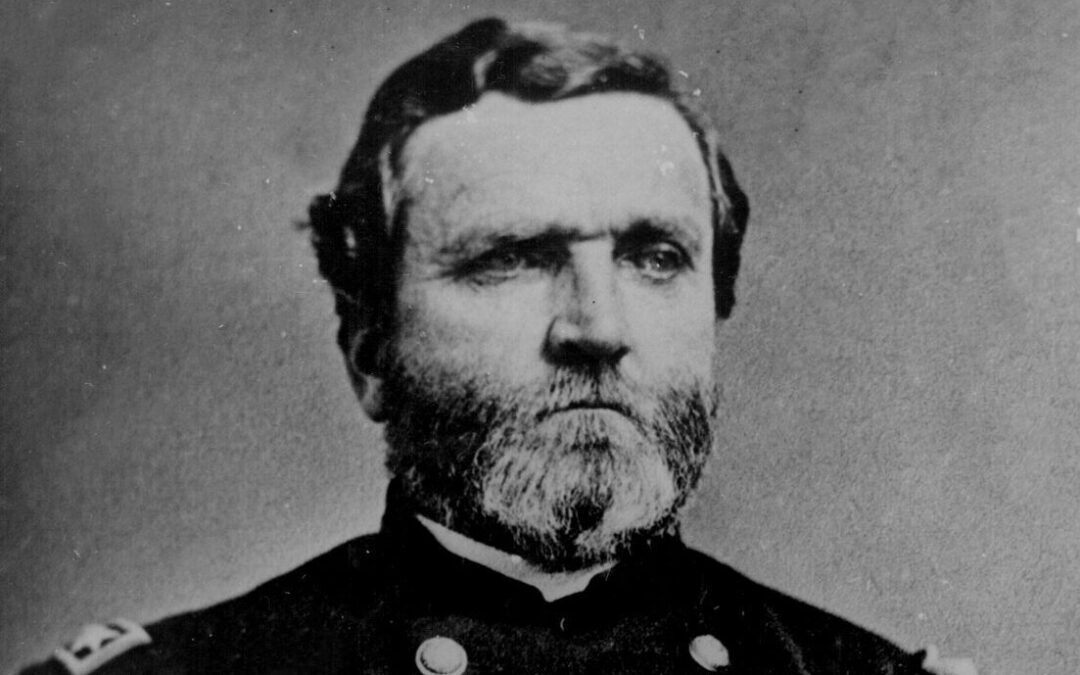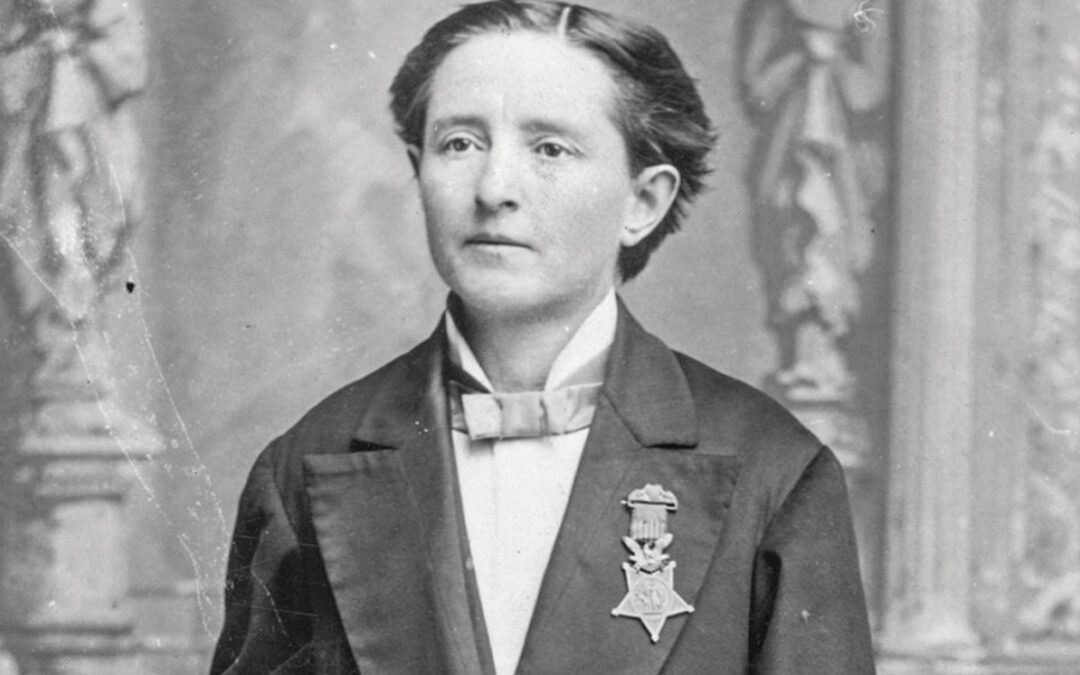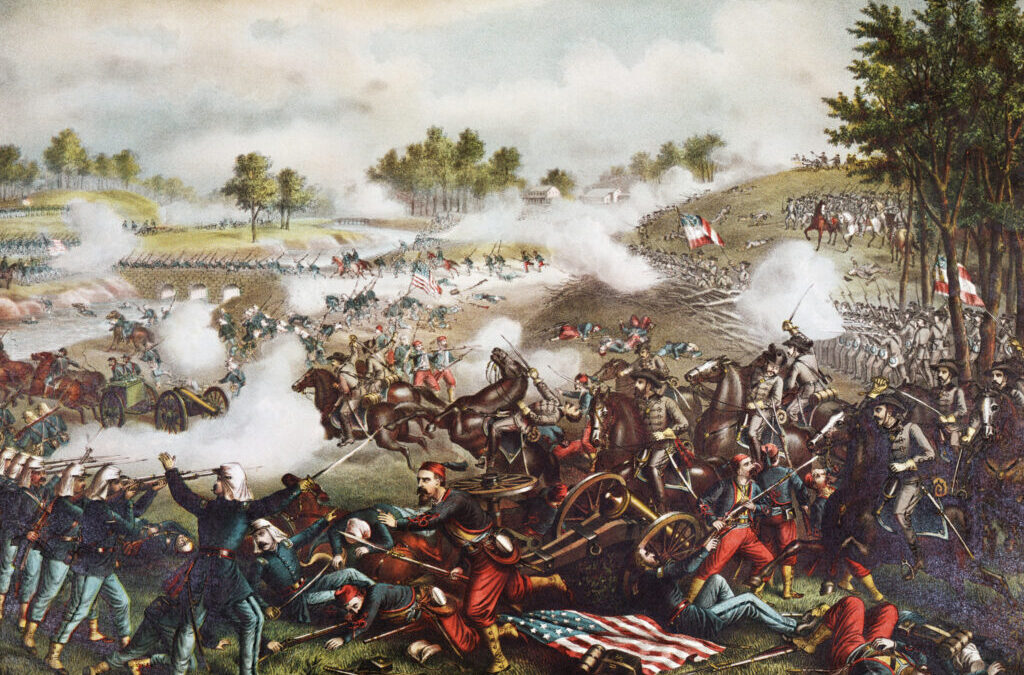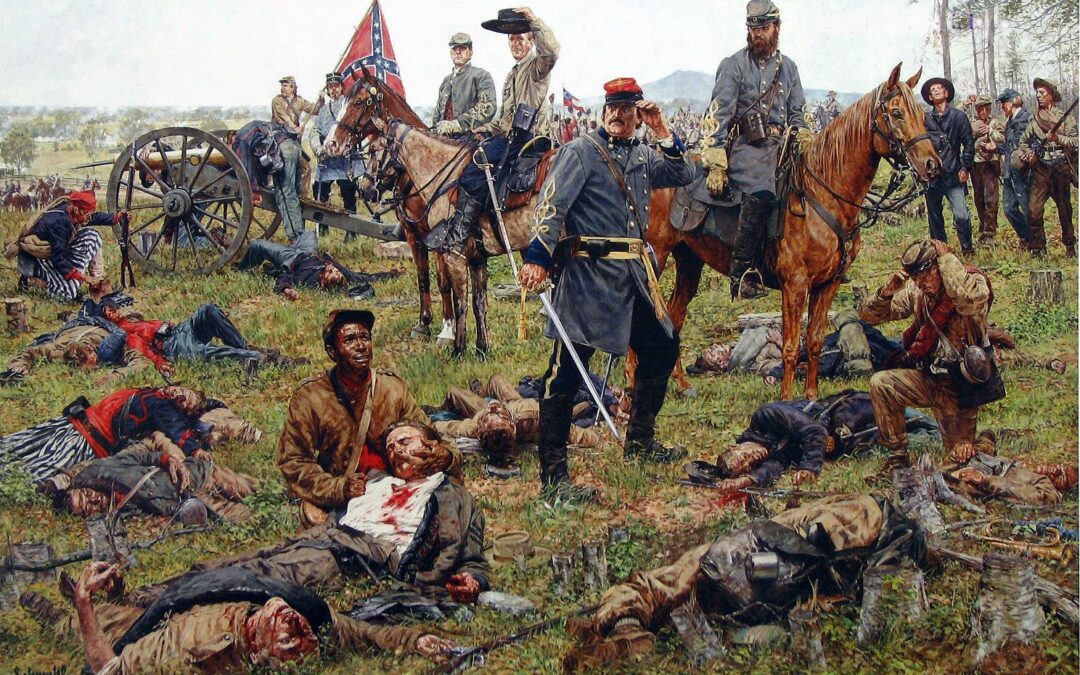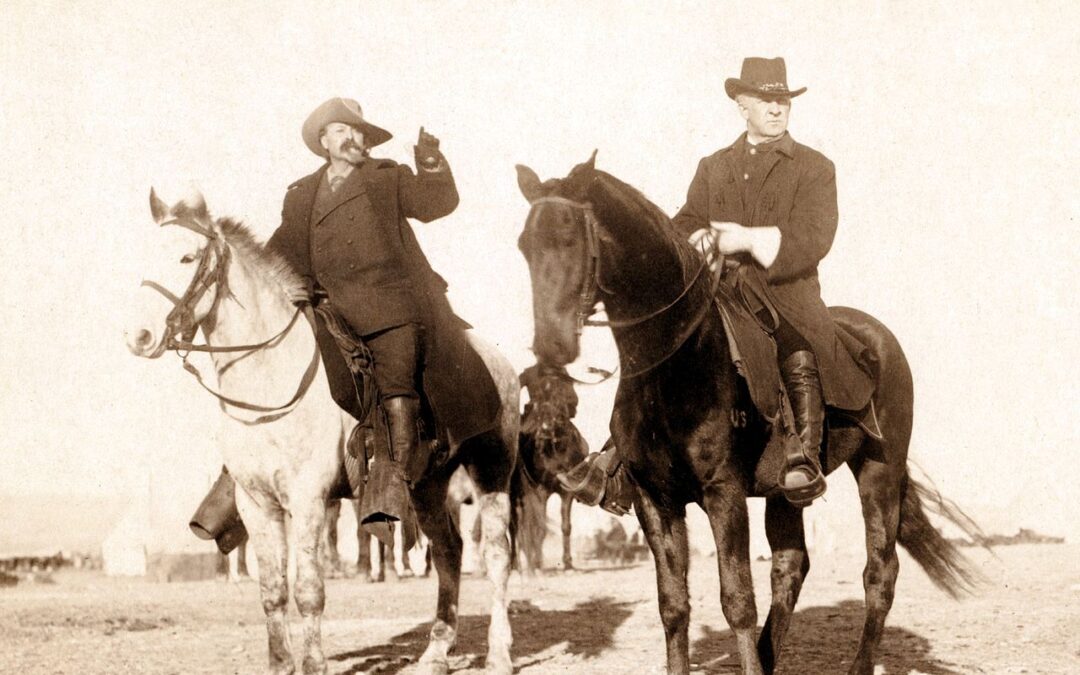These days, to be considered for the Medal of Honor, a member of the U.S. armed forces has to have a pretty well-documented action of "conspicuous gallantry and intrepidity at the risk of life above and beyond the call of duty." The action has to happen in combat, with incontestable evidence, usually involving eyewitness accounts. Early Medal of Honor Stories Were Barely Recorded But the earliest Medal of Honor stories weren't as well-documented. They tend to be so short and so limited that we...
